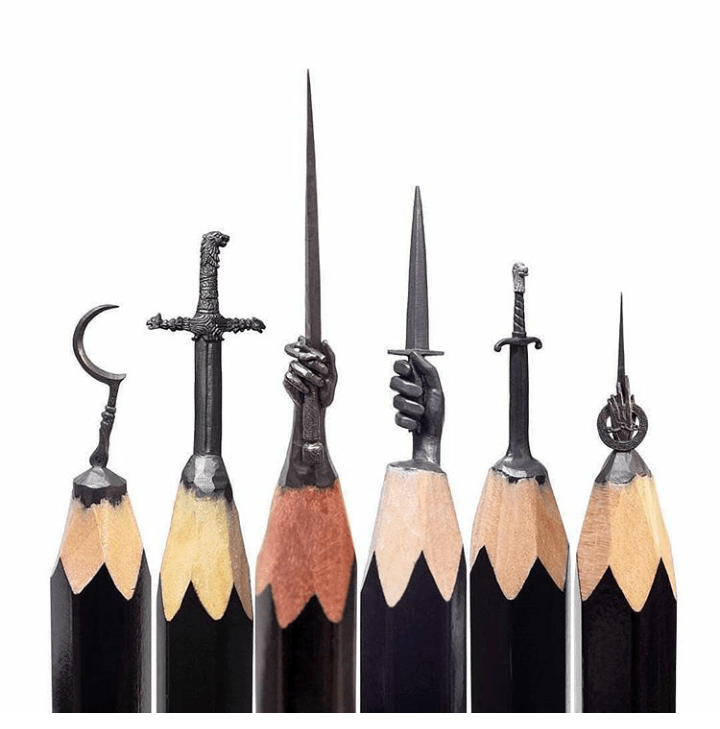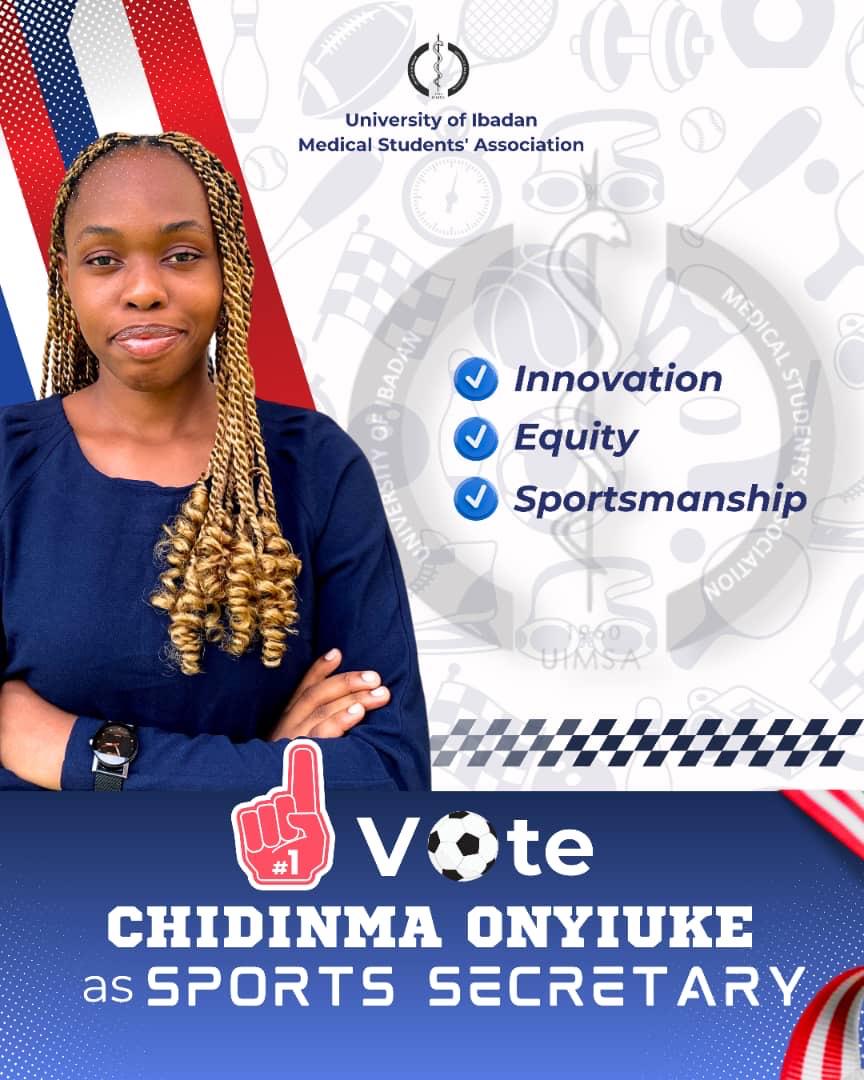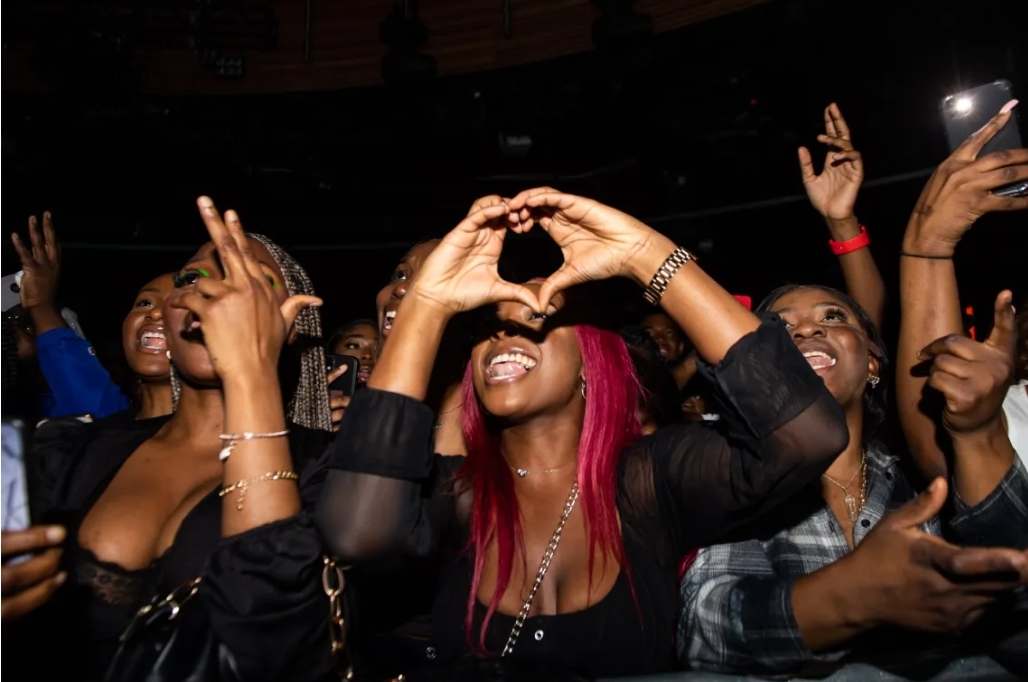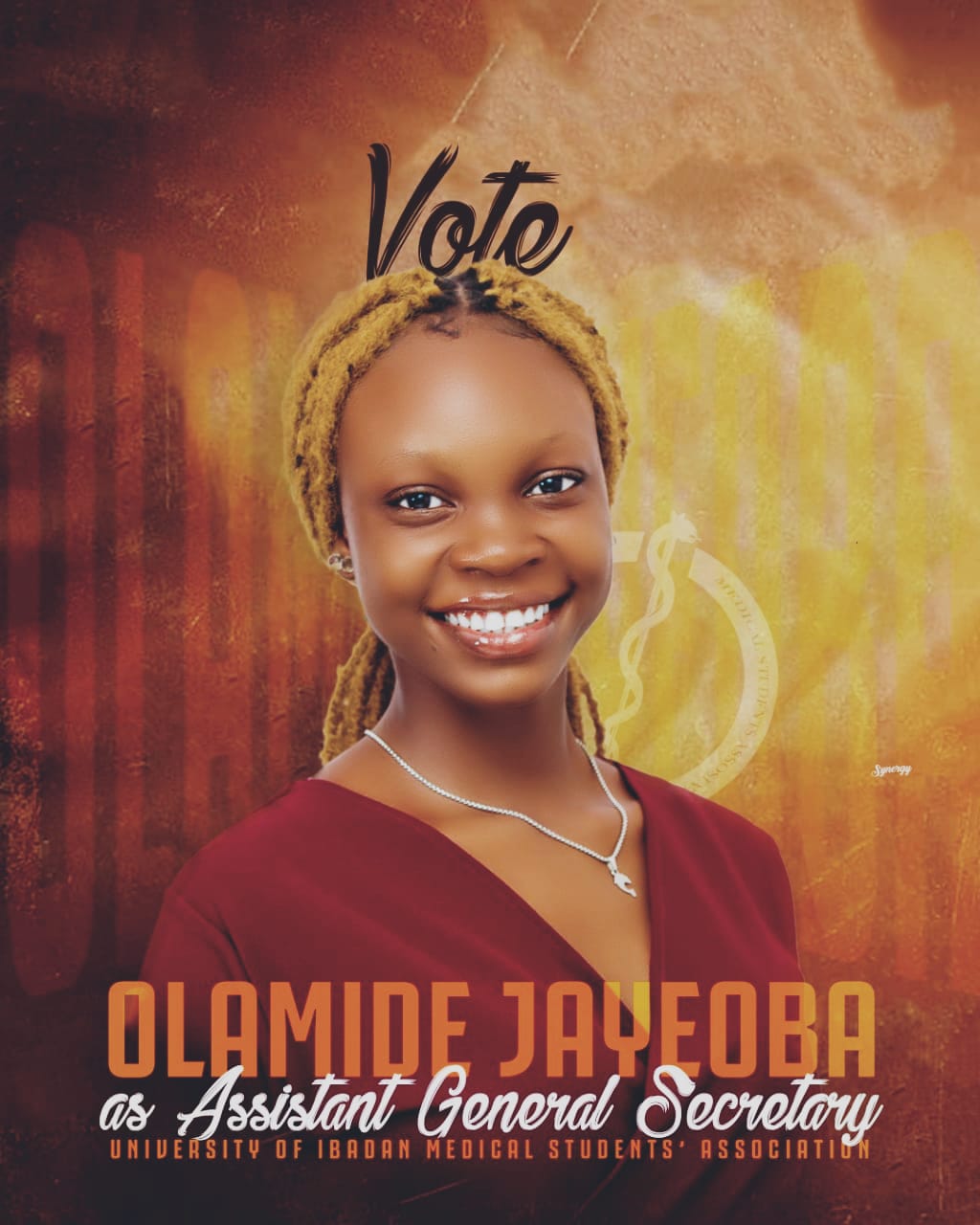
This article is the third in a four-part series highlighting the pitfalls in the University of Ibadan’s Students’ political scene. Read the second part here.
If the actions of the past two months are anything to go by, we can safely assume that the distrust/dislike of the Press by students and staff alike is at a new high. Having witnessed fellow campus journalists being harassed and threatened by so-called student leaders and their followers over election results, and then barely three weeks later, seeing security operatives take up the baton of ill-treatment, with overwhelming silence and zero accountability to that effect, we can further assume that things could get worse. Our Students’ Union has failed to demand more. But we’ll get to that in part four. The primary interests here are Press Nights, accountability, and campus journalists’ role in hall, departmental and faculty politics.
Two incidents serve as the primary port of call for the topic of Press Nights. The first was an X interaction between a former Indy Hall House Secretary, David Adediran, and the Chairman of the Kenneth Mellanby Hall, Adenekan Adeife, sometime in January, this year. Concerns ranged from Press Night and Electoral Screening scores serving as endorsements of aspirants to accusations of election interference. The proposed alternative was a poll for voters present. The second was a conversation at the Alexander Brown Hall quadrangle shortly before the 2025 UI’ SU Press Night. During the said conversation, student leaders – including the Alexander Brown Hall Chair and Deputy Hall Chair, Oni Ayotunde and John Oluwagunwa – mentioned their reservations with Press Nights in UI, citing; concerns over the supposedly arbitrary nature of scores, beliefs that CJs weren’t equipped to be ‘judges’ having not taken up the mantle of leadership, and an alternative whereby articles are instead written after Press Nights analysing the contents of manifestos and track record. The Mellanby Hall Chair, formerly a Hall Legislator, even moved a bill to ‘prohibit scoring of electoral candidates’ by both the Press and Electoral Commission, to ensure ‘transparency and non-interference in the electoral process’.
Elections typically involve Electoral Screening, Press Nights, and Manifesto Nights at the University of Ibadan. The first two are scored, while the latter isn’t. Members of the Electoral Commission conduct the Screening, Local Press Organisations conduct the Press Nights, while Manifesto Nights are a free-for-all, with more theatrics and fanfare. In recent elections, the strength of the Manifesto Night has waned, with some Associations merging it with Press Nights or doing away with it, altogether. Advances in graphics design, and other factors we will address, mean these results are now campaign fodder. Supposedly, Press Night results are these immense, needle-moving mechanisms, that influence UItes votes radically. A logical conclusion, right? Rational, of course?
Well, no. First, we must understand the purpose of Press Nights. Unlike the Electoral Screening enshrined in most constitutions, Press Nights, like Manifesto Nights, are customary. The rare instances where Press Nights are included in the constitution, like in the UIMSA Press Constitution, state its purpose as ‘to assess aspirants for executive offices’.
The existence of several LPOs for decades – some even predating UCJ UI eg. IndyPress, ZikPress, Queens Press Agro Press, Kuti Press etc – as well as the lengthy history of student politics and Unionism – predating Nigerian universities – might suggest that this custom has existed in some form for years. It’s a custom prevalent in other schools with active Press organisations, like the University of Ilorin and Obafemi Awolowo University, Ile-Ife where it’s called ‘Press Confrontation’. Press Nights likely emerged as an avenue for the Fourth Estate to test the mettle of political aspirants, an improvement on mere debates – although they also include these debates.
Ours is a society ruled by the constitution, customs, and common sense. Despite non-inclusion even at the UI’ SU Constitution level, we have enforced this custom, considering our political climate, and a need for accountability and quality. Press bodies carry out this assessment to understand aspirants’ nature, quality of their plans, track record, areas of improvement, and what it bodes for their associations, and present the results to constituents. Thus begins our response to the relevance of scoring. Since the ultimate aim of the Press Night is an assessment, there has to be a result that highlights what areas were assessed. Otherwise, Press Nights would be nothing more than a Question and Answer session with no stakes attached and subsequently, minimal impact.
Presenting this data as a percentage is primarily for ease of understanding. It’s much easier for the average person to process a ‘Knowledge of Office’ score of 7/15 than it is to go through paragraphs of written analysis. It also eases compression of the opinions of the multitude of campus journos seated, into digestible chunks, while accounting for outlier opinions, by using an average. In some cases, only a select few are even permitted to score, with outrageously graded sheets set aside. A less polite explanation is that UItes do not read the Press. For all our intellectualism, and interest in good leadership, we are a body of students who do not read articles; especially long-form analytical stories. Speak to any Editor-in-Chief with access to backend data. They’ll tell you what stories gain the most traction. They’ll explain how Political stories, except when controversial, hardly move the view count needle. They’ll explain the struggle with covering events and writing new stories for a populace that skims headlines and extracts. In this case, the quality of the assessment should then be of more concern.
Contrary to what student leaders would have you believe, scores are not handed out willy-nilly. Before Press Nights, LPOs execute training on appropriate and ethical conduct. It’s why campus journalists are encouraged to attend as many as possible so they can be familiar with questioning, recommendations, constitutional roles, real-life scenarios, referencing track records etc. It’s why at an Indy Hall Press Night, for example, IndyPress members or members of other LPOs resident in the Hall, would ask more questions than invited journalists. When the reverse happens, it’s campus journos familiar with that political terrain – having read the LPO’s stories – going on the offensive. It’s not uncommon to find UCJ members who possess external constitutions (This story was written on a device containing Kuti Hall and LSS Constitutions). And while not all subject themselves to these standards, a considerable deal does and influence others to adopt those standards. So much so that even the UCJ’s Press Night for her executives is held at the same, if not higher, level of scrutiny. Our Union Executives fulfil their manifestos. We can’t say the same for your associations.
Does this assessment serve as an endorsement? No. One reason it appears so is that student politicians fail to convince the electorate they’re the best fit. The journey from declaration of intent to election day hardly involves proposed plans, save for those three days [Screening, Press Night, and Manifesto Night]. As apathetic as voters are, many still seek a sort of assessment. They won’t read manifestos when sent to groups or question aspirants during one-on-one campaigns. They won’t even pay attention at Press Nights, prompting tens of calls for decorum. But they want good tidings regardless, and so rather than trusting the evidence of a quadruple assessment (including personal findings), they trust the Press and Electoral Commissions – two groups constitutionally required to be objective; with an overlap in some cases (Campus journalists headed the Mellanby and Indy Hall Electoral Commissions for these recent elections). A return to issue-based campaigning and admonitions from student leaders against apathy, as the Press has stressed for the past few sessions, would correct this a great deal. Until then, we will continue to have morale-depleting beatings.
Another reason is the notion that Press Night results overwhelmingly reflect election results. It’s false. Don’t take our word for it, here’s the data:

If Press Night results were so influential, this sample size would tell an entirely different story. Headship of four of seven constituencies even went against the results. We are willing to wager that if this same experiment is carried out with results from previous years, the outcome would be the same; slight tilts towards either side, but insufficient to prove the Press’ assessment swings votes dramatically. Even the UI SU Election vs Press Night results tell the same story. Again, we’ll get to that later.
If Press Night results were so influential, elections would conclude with more ‘No’ or ‘Undecided’ votes to certain aspirants. The sole Financial Secretary aspirant in FATSSA was discovered to have used an AI-generated manifesto (81% and 92.7%, using different checkers) and was grossly unprepared per the Press’ assessment, leading to a recommendation for disqualification. The Independent FATSSA Electoral Commission declined and FATSSAites voted him in convincingly. At the LSS Press Night, both Gen. Sec. aspirants scored below 50% and still tallied over 150 votes each, with the winner’s 386 votes surpassing that of the VP and AGS. At ASSESA, the President won by just 1 vote, despite scoring 17.5% more than their opponent at the Presidential Debate. The sole AASA Presidential aspirant who scored 46.5% at the Press Night, had 184 votes against the PRO-elect’s 150 votes, despite the latter’s 70.94% at the Press Night. Do you get where we are going with this or is the blindness still overwhelming?
On the matter of campus journalists lacking political experience, we must remind these hallowed student leaders that one need not be a thing to know how to critique such things. There is bountiful evidence as to what good leadership looks like. This is not the 20th Century where student leadership was freshly understood. And even then, nonsense was called out for what it is. How much more now? It’s ironic that said words emerged from the leadership of a Hall dependent on – surprise, surprise – members of a radical, somewhat journalistic pressure group, the Concerned Students Movement, to take their cause to the streets.
There’s this pervasive school of thought among the University’s political class that the criticism from the Press is excessive. The consensus is that taking up positions should merit minimal criticism considering the minimal rewards available and overwhelming apathy. Of course, it is admirable to sacrifice one’s time and resources to lead constituents that aren’t always grateful. Contesting for office in an institution where the majority abhor politics makes one praiseworthy. But our people want more. In July 2023, there was a four-hour-plus Twitter space where this [excessive criticism] and other issues were discussed. On the 17th of March this year, a similar tweet was made to this effect, with several replies in agreement. The bigger problem is alleging the Press criticises excessively. If anything, we don’t criticise enough. There aren’t enough articles on the minutiae of student leaders’ irresponsible, unconstitutional, and inconsiderate actions. With just 46 LPOs registered last session, many departmental executives, and some faculty and hall executives and legislators got away with undocumented reprehensible actions. It’s this gap that makes emergent articles, appear as more.
So, are we summarily saying the Press should do as is deemed fit? That we should not be held accountable? Fancy two re-reads if you think ‘Yes’; the second, to be sure you haven’t switched tabs to another article. As a matter of principle, the Press should always be held accountable, rather than becoming a force unto itself. A Fourth Estate devoid of checks and balances is even worse than all other three. Propaganda and falsehood would usurp the truth under the guise of agenda-setting. The Press was called out in more than one instance last session. As recently as March 10th, the Kenneth Mellanby Hall Press Organisation (MHPO) had to respond to accusations made by the now-elected Hall Chair, Mr Adeife, on his WhatsApp status, of the MHPO being ‘a useless organisation’ that; published inconsistently, failed to publish and commend Mellanbites’ political victories, was quick to report the hall’s faults but failed to recognize positive developments, among others. On January 15th, LINSA Press published an editorial titled ‘LINSA Press Stands Strong: Restating the Role of The Press’, in response to an anonymous message posted on the Press’ board calling the organisation ‘a mess’. These are just two examples of many. Constituents call out the Press frequently, on mundanities like punctuation mark placements, and farther-reaching reasons like factual inaccuracies.
What we want is for the political cadre to be as accountable as the Press is. We will not serve students false narratives in Feature stories or tender inaccurate news stories. The school management, itself, won’t let us live down false reportage that paints the school in a negative light, and sometimes even truthful stories have to be shelved. We will not compromise on standards. We also will not allow student leaders to do so. Not when their decisions and policies, or lack thereof, determine the course of our session. Let us frown at each other during Legislative sittings and smile after the tenure.
We have fallen off! As recently as 2015, the sole Awo Hall President aspirant lost because she performed woefully at the Screening and Press Night. To quote a respondent to the UCJ UI report on the issue, one Miss Agbajelola Funmilola said, “It wasn’t shocking at all because I didn’t expect her to win and I am happy that she wasn’t elected. She failed to impress us at the press night and manifesto night as she didn’t have plans beyond ensuring that there will be fuel in the hall’s generator”. The same would be unobtainable today. More recently, in 2023, residents of the Alexander Brown Hall deemed Finance Minister aspirant and then-outgoing Information Minister, Esther Subuloye, unfit for office based on her track record. With ABH elections set for April 19, the atmosphere is not one where track records and plans are being flaunted, but a spamathon. Even the student doctors, dentists, physiotherapists, and medical laboratory scientists, have succumbed to factional alliances, ignoring poor performance out of camaraderie. A misguided few hope their candidate would ensure they receive room allocations. And you say the Press is too critical? Woe betide you and yours!
We pray our student leaders have the fortitude to lead us aright this coming session, so we can write more and project the glory and shame of our halls and associations, the latter reigning if the former’s reined in. Amen.
Now, let’s talk about the UI’ SU.
Dion
Odin
Editor’s Note: Readers should note that the opinions of this writer, while of proper journalistic standard, are not equal to the position of the UIMSA Press.




